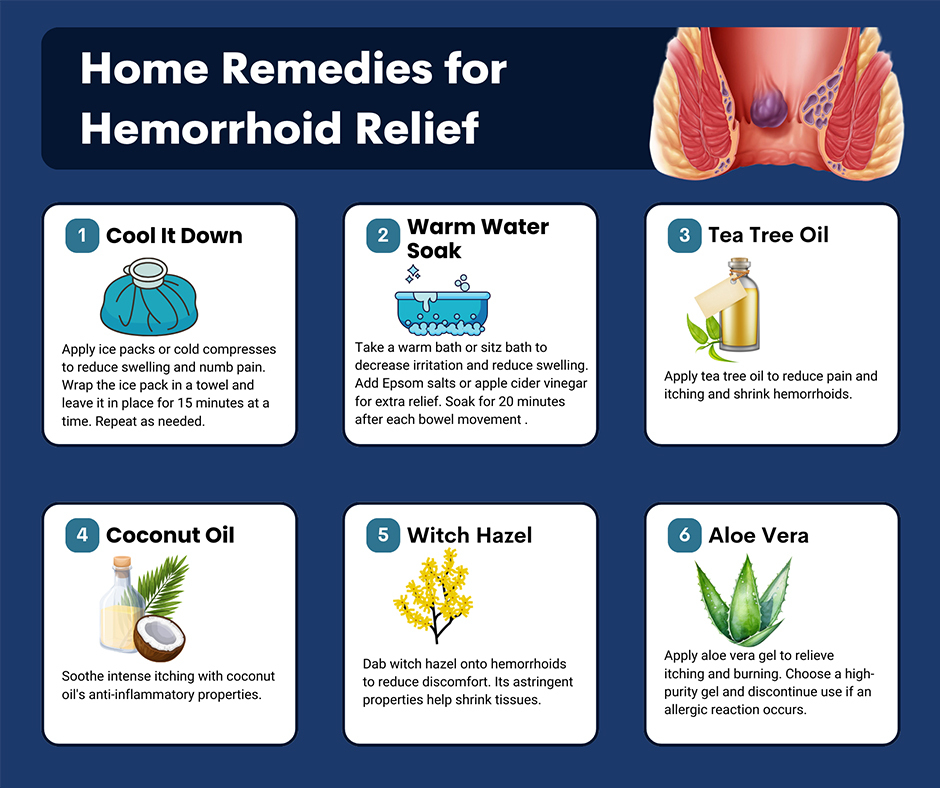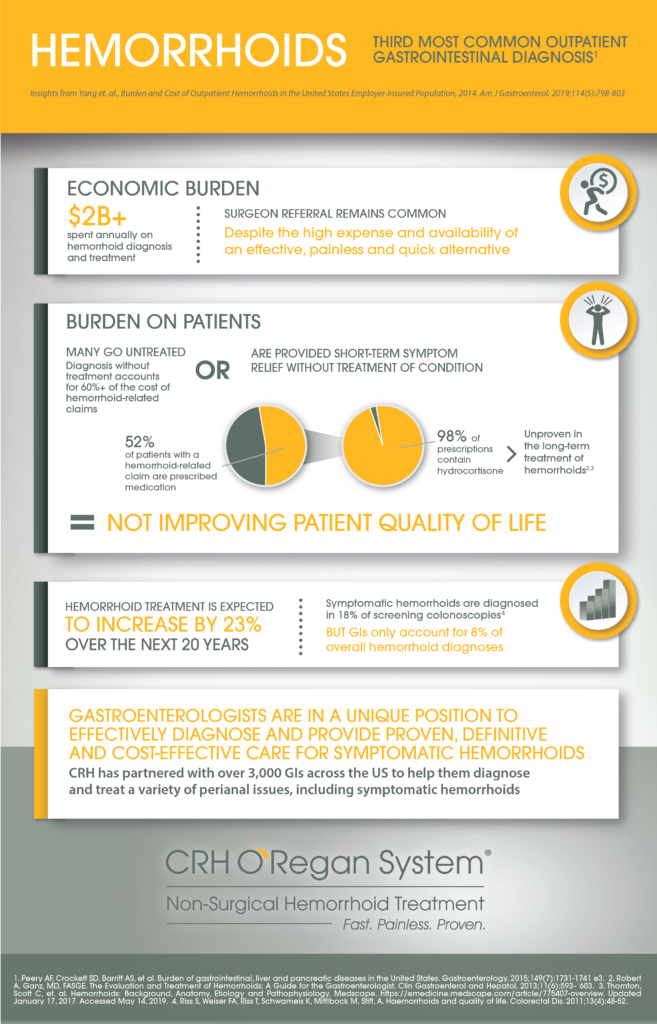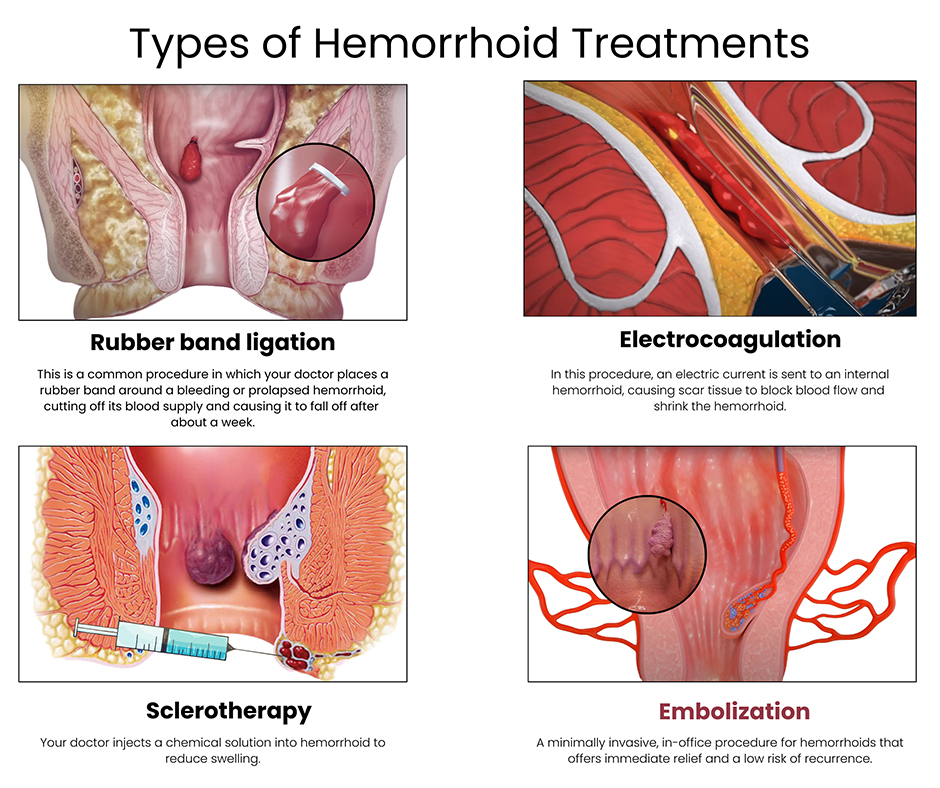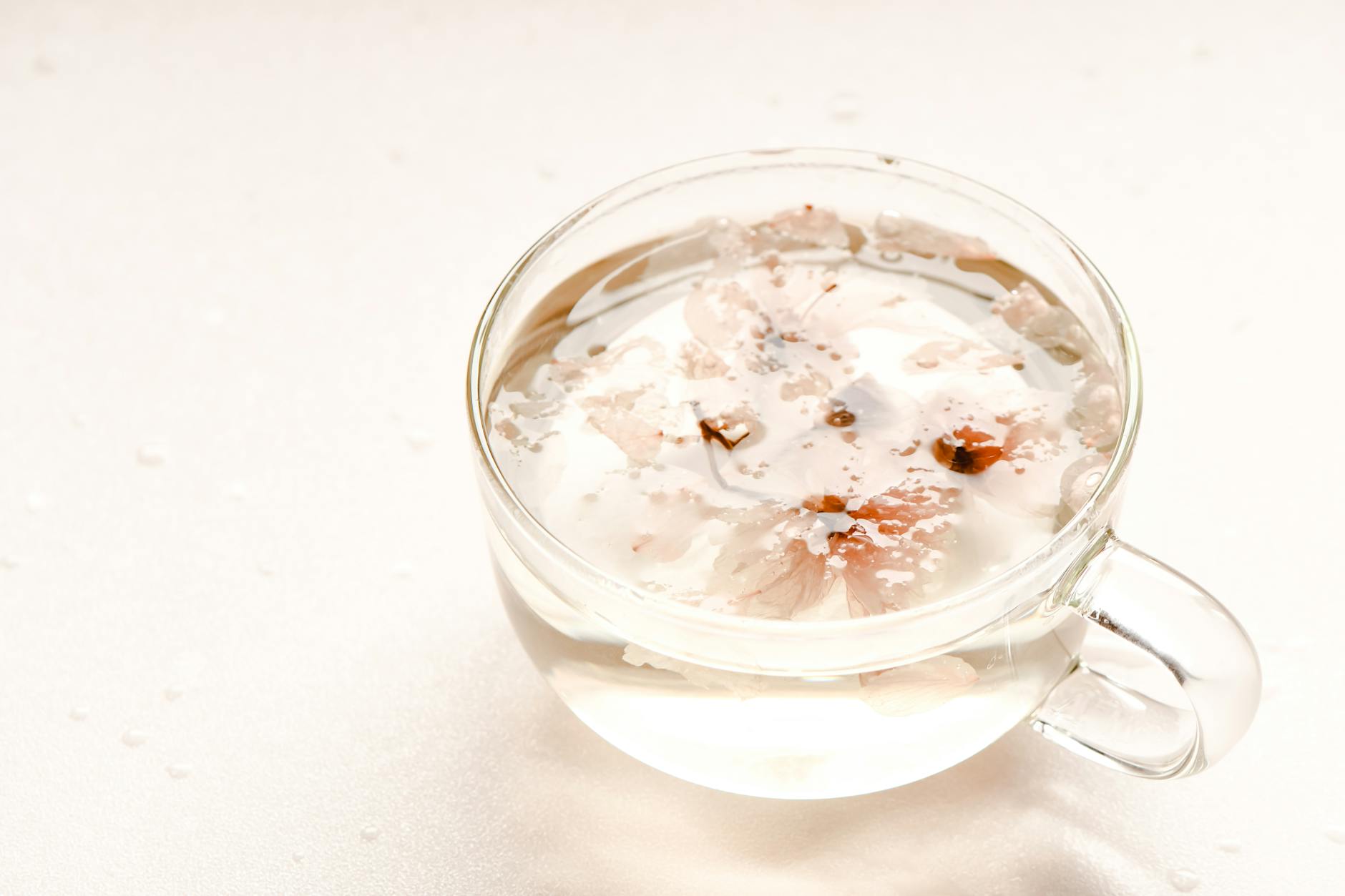Discover the top 5 effective and natural treatments to beat hemorrhoids for good. Say goodbye to pain and discomfort!
Table of Contents
- Introduction: Understanding Hemorrhoids
- The Symptoms of Hemorrhoids
- Topical Hemorrhoid Treatments
- Lifestyle Changes to Beat Hemorrhoids
- Natural Remedies for Hemorrhoid Relief
- When to See a Doctor
- Modern Medical Procedures for Hemorrhoids
- Preventing Hemorrhoids From Coming Back
- Myths and Misconceptions About Hemorrhoids
- Conclusion: Staying Hemorrhoid-Free
- Frequently Asked Questions (FAQs)
Introduction: Understanding Hemorrhoids
When it comes to hemorrhoid treatment, understanding what hemorrhoids are and why they can be a problem is essential. So, let’s dive into the world of hemorrhoids and shed some light on this common issue.
What Are Hemorrhoids?
In simple terms, hemorrhoids are swollen blood vessels in the rectal area. They can be internal, inside the rectum, or external, around the anus. These swollen blood vessels can cause discomfort, pain, and sometimes bleeding, making everyday activities challenging for some individuals.
Why Do People Get Hemorrhoids?
There are various reasons why people might develop hemorrhoids. Factors such as a low-fiber diet, straining during bowel movements, sitting for prolonged periods, and even genetics can contribute to the development of hemorrhoids. By understanding the causes, we can take steps to prevent and manage this condition effectively.
The Symptoms of Hemorrhoids
When it comes to hemorrhoids, there are a few common symptoms to watch out for. One of the main signs is experiencing discomfort, itching, or pain around the anal region. You might also notice some swelling or lumps near your anus. In some cases, you could see blood after wiping, indicating bleeding from the hemorrhoids.
Link Between Hemorrhoids and Lower Back Pain
While hemorrhoids primarily affect the rectal area, some people may also experience lower back pain as a symptom. This is because the nerves in the lower part of the rectum are connected to the nerves in the lower back. So, irritation or inflammation in the anal area can sometimes lead to discomfort in the lower back as well.
Topical Hemorrhoid Treatments
When it comes to treating hemorrhoids, one of the most common methods is using creams and ointments. These topical treatments are designed to provide relief from the discomfort and swelling associated with hemorrhoids. They often contain ingredients like hydrocortisone or witch hazel, which can help reduce inflammation and soothe the affected area.

Image courtesy of via Google Images
How to Apply Them
It’s essential to apply these creams and ointments properly for the best results. Before using any product, make sure to clean the affected area gently with mild soap and water. Then, carefully follow the instructions provided with the treatment. Apply a thin layer to the affected area and avoid using more than recommended. It’s also essential to wash your hands thoroughly after applying the medication to prevent spreading bacteria.
Lifestyle Changes to Beat Hemorrhoids
One of the key lifestyle changes to beat hemorrhoids is making adjustments to your diet. Eating a diet rich in fiber can help keep your digestive system running smoothly, reducing the risk of developing hemorrhoids. Foods like fruits, vegetables, whole grains, and legumes are excellent sources of fiber that can promote healthy bowel movements and prevent constipation, which can exacerbate hemorrhoid symptoms.
Importance of Exercise
In addition to dietary changes, regular exercise plays a crucial role in preventing and treating hemorrhoids. Physical activity helps improve circulation and promotes overall digestive health, reducing the likelihood of developing hemorrhoids. Simple exercises like walking, swimming, and yoga can all contribute to maintaining healthy bowel function and preventing the formation of hemorrhoids.
Natural Remedies for Hemorrhoid Relief
When it comes to treating hemorrhoids naturally, some remedies overlap with common sore throat treatments. For example, witch hazel, aloe vera, and apple cider vinegar often used to soothe a sore throat can also provide relief for hemorrhoid discomfort.

Image courtesy of via Google Images
Soaking and Warmth
One of the simplest and most effective natural remedies for hemorrhoids is to soak your bottom in warm water. This process, also known as a sitz bath, can help reduce swelling and alleviate pain. Make sure the water is comfortably warm but not scalding, and soak for about 15-20 minutes at a time. Many people find that repeating this several times a day can offer significant relief from hemorrhoid symptoms.
When to See a Doctor
If you experience any of the following symptoms, it is crucial to seek medical help promptly:
1. Severe pain: If you are in intense pain that does not subside with over-the-counter treatments.
2. Excessive bleeding: If you notice a significant amount of blood in your stool or on the toilet paper.
3. Prolonged discomfort: If your hemorrhoid symptoms do not improve or worsen over time.
4. Swelling or lumps: If you feel any new lumps or bumps around your anus that could indicate a more serious issue.
Comparison With Other Health Signals
While hemorrhoids can be uncomfortable and bothersome, they are usually not life-threatening. However, symptoms like severe stomach ulcers or chronic fatigue syndrome require immediate medical attention. It is essential to differentiate between the severity of symptoms to determine when a doctor’s visit is necessary.
Modern Medical Procedures for Hemorrhoids
When dealing with severe cases of hemorrhoids, doctors may recommend minimally invasive techniques as a treatment option. These procedures are less aggressive than traditional surgery and can often provide relief without the need for a lengthy recovery period. One common minimally invasive technique is rubber band ligation, which involves placing a small rubber band around the base of the hemorrhoid to cut off its blood supply. This causes the hemorrhoid to shrink and eventually fall off.
| Treatment | Benefits | Side Effects |
|---|---|---|
| Sitz Baths | Relieves itching and pain | None |
| High-Fiber Diet | Prevents constipation and straining | None |
| Over-the-counter Creams | Reduces swelling and discomfort | Possible skin irritation |
| Rubber Band Ligation | Efficent for internal hemorrhoids | Mild pain or bleeding |
| Sclerotherapy | Shrinks hemorrhoids by injecting a chemical solution | Mild discomfort or bleeding |

Image courtesy of via Google Images
Surgery as a Last Resort
In some cases where hemorrhoids are particularly severe or do not respond to other treatments, surgery may be necessary. Surgery for hemorrhoids usually involves removing the swollen blood vessels surgically. This procedure is typically reserved as a last resort when other methods have not been effective in alleviating symptoms. It is important to consult with a healthcare provider to determine the best course of action for your specific situation.
Preventing Hemorrhoids From Coming Back
Now that you’ve learned about treating hemorrhoids, it’s essential to know how to prevent them from returning. By making some simple changes to your daily routines and habits, you can reduce the risk of hemorrhoids coming back.
Maintaining Healthy Habits
One of the most effective ways to prevent hemorrhoids from returning is by maintaining healthy habits. Here are some tips:
1. Stay Hydrated: Drinking plenty of water can help keep your stools soft and prevent straining during bowel movements, reducing the risk of hemorrhoids.
2. High-Fiber Diet: Eating foods rich in fiber, such as fruits, vegetables, and whole grains, can help promote regular bowel movements and prevent constipation, which is a common cause of hemorrhoids.
3. Regular Exercise: Engaging in regular physical activity can help improve digestion and prevent constipation, reducing the likelihood of developing hemorrhoids.
4. Avoid Straining: Straining during bowel movements can put pressure on the veins in the rectal area, leading to hemorrhoids. Try to relax and avoid pushing too hard.
By following these simple tips and maintaining healthy habits, you can lower the chances of hemorrhoids coming back and enjoy better overall digestive health.
Myths and Misconceptions About Hemorrhoids
Hemorrhoids are a common condition that many people experience, but there are often myths and misconceptions surrounding them. Let’s clear up some of the confusion and provide accurate information about hemorrhoids.

Image courtesy of via Google Images
Myth-Busting Facts
One common myth about hemorrhoids is that they are caused by sitting on cold surfaces. In reality, hemorrhoids are typically caused by straining during bowel movements, pregnancy, obesity, or a sedentary lifestyle. Sitting on a cold surface does not directly lead to hemorrhoids.
Another misconception is that only older adults get hemorrhoids. While it’s true that the risk of developing hemorrhoids increases with age, they can occur in younger individuals as well, especially if they have risk factors like a poor diet or lack of physical activity.
Some people believe that hemorrhoids are a sign of poor hygiene, but this is not true. Hemorrhoids are actually swollen blood vessels in the rectum or anus and are not caused by being unclean. Practicing good hygiene can help prevent infection but will not necessarily prevent hemorrhoids.
There is also a misconception that hemorrhoids are always painful. While hemorrhoids can be uncomfortable and painful, especially during bowel movements, not all cases are excruciating. Some people may only experience mild symptoms or occasional discomfort.
It’s important to debunk these myths and misconceptions about hemorrhoids to ensure that individuals have accurate information about this common condition. Understanding the causes and symptoms of hemorrhoids can help in their prevention and treatment.
Conclusion: Staying Hemorrhoid-Free
After learning all about hemorrhoids and the various ways to treat and prevent them, it’s essential to stay committed to healthy habits to ensure you remain hemorrhoid-free. By adopting some simple strategies, you can reduce the likelihood of developing hemorrhoids and keep them at bay.
Implementing Lifestyle Changes
One crucial aspect of preventing hemorrhoids is making dietary adjustments. Eating a diet rich in fiber, such as fruits, vegetables, and whole grains, can help regulate bowel movements and reduce the strain on your rectum. Additionally, staying hydrated by drinking plenty of water is essential for softening stools and preventing constipation, a common trigger for hemorrhoids.
Incorporating regular exercise into your routine is also beneficial. Physical activity not only helps maintain a healthy weight but also improves circulation and promotes bowel regularity, all of which contribute to preventing hemorrhoids.
Embracing Natural Remedies
In addition to making lifestyle changes, you can explore natural remedies to alleviate hemorrhoid discomfort. Soaking in warm water, also known as a sitz bath, can help soothe itching and irritation associated with hemorrhoids. This simple and natural remedy provides relief and promotes healing.
Furthermore, following some self-care practices, similar to those used for soothing a sore throat, can aid in treating hemorrhoids. These may include using witch hazel wipes, applying cold compresses, or incorporating aloe vera gel for cooling relief.
Seeking Timely Medical Attention
While maintaining healthy habits and utilizing natural remedies play a crucial role in preventing hemorrhoids, it’s essential to seek medical advice when necessary. If you experience severe pain, bleeding, or persistent symptoms despite home treatments, consulting a healthcare provider is vital. By addressing any potential issues promptly, you can avoid complications and receive appropriate medical intervention.
Remember, staying hemorrhoid-free requires consistency in following these practices. By combining healthy habits, natural remedies, and timely medical intervention, you can effectively manage hemorrhoids and prevent them from recurring. Prioritize your well-being by taking proactive steps to care for your digestive health and overall wellness.
Frequently Asked Questions (FAQs)
What is the best home treatment for hemorrhoids?
The best home treatment for hemorrhoids includes:
1. Eating a fiber-rich diet to prevent constipation and straining during bowel movements.
2. Drinking plenty of water to stay hydrated and soften stools.
3. Soaking in warm water baths to relieve pain and discomfort.
4. Using over-the-counter hemorrhoid creams or ointments for relief.
Can sitting too much cause hemorrhoids?
Sitting for long periods of time can contribute to the development of hemorrhoids because it puts pressure on the veins in the rectal area. This pressure can lead to hemorrhoids forming. It’s essential to take breaks, stand up, and move around regularly to prevent this from happening.
How long do hemorrhoids usually last?
The duration of hemorrhoids can vary depending on the individual and the severity of the condition. Generally, hemorrhoids can last anywhere from a few days to a few weeks. With proper treatment and lifestyle changes, they can often improve and resolve within a relatively short period of time.





